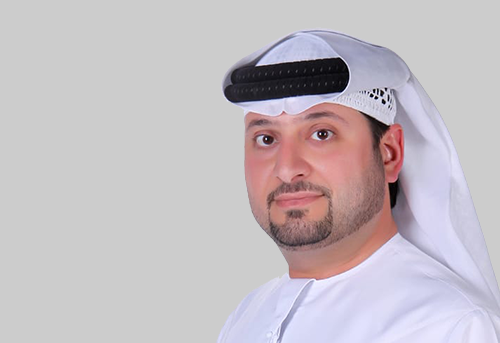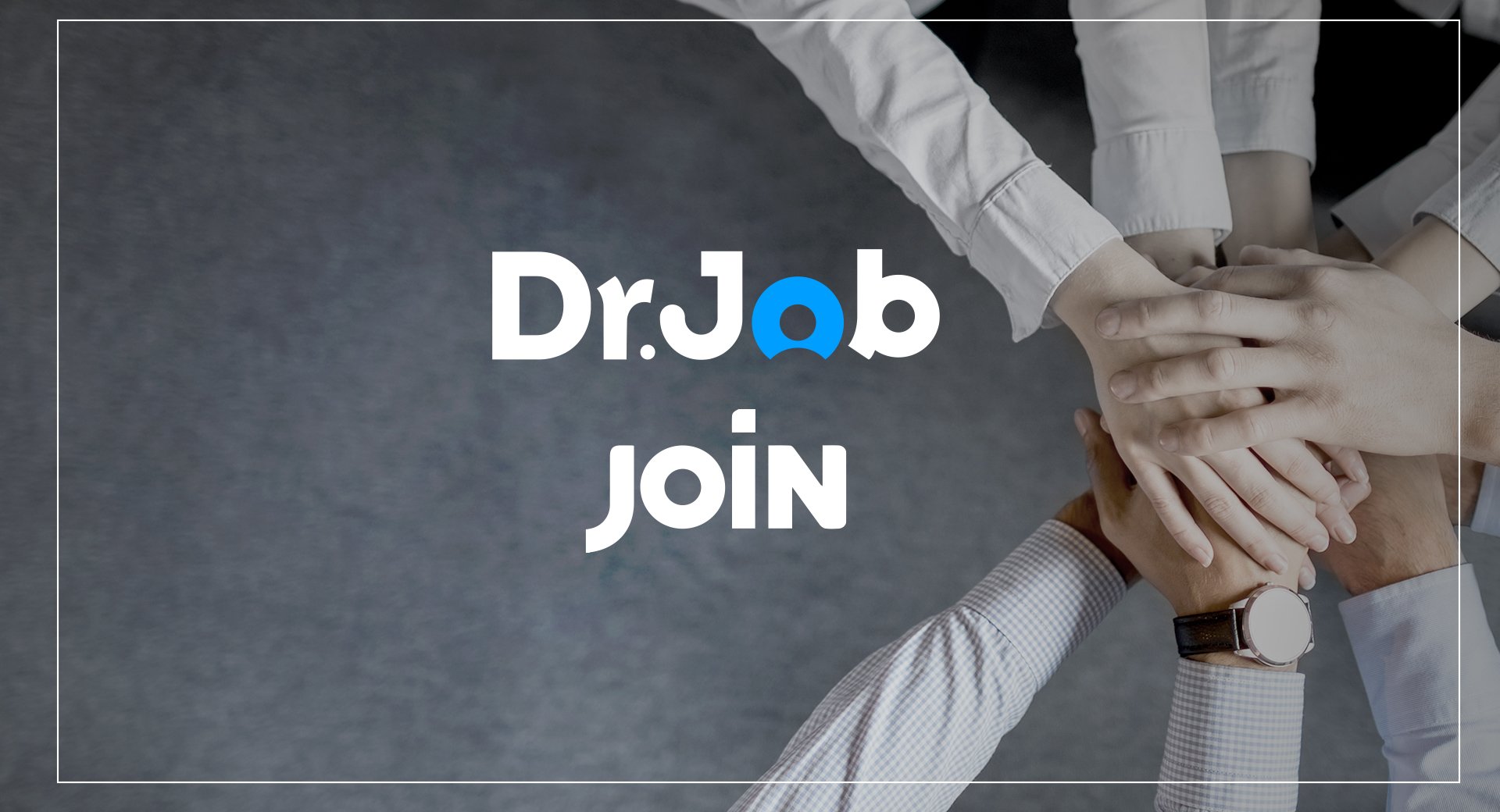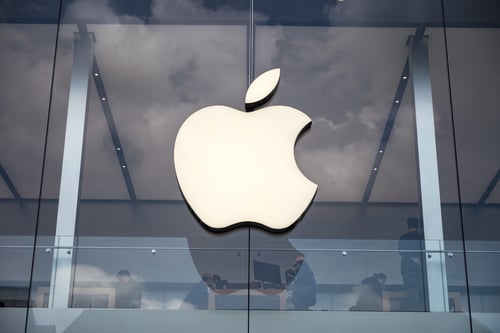Upgrading and learning new things is the key to success in the current job market, and who could be better than Sultan Karrani to share the insights about the post-pandemic employment sector.
Sultan Karrani is an Emirati model who was not satisfied with specializing in one field only. He sought to diversify his culture, sharpen his skills, and go to photography, human development, tourism, and law. Besides, being specialized in geology and the environment and his work in oil and gas for more than 20 years.
In an enriching conversation with Alaa Emra, Sultan Karrani shares his professional experiences with many other valuable lessons.
Do you think COVID-19 has turned the tables in the job market? How do you think companies and individuals have been affected?

I think employees are less affected than companies because of the many other options they have. If a person is underpaid or laid off, for example, he has other options in the future; Such as returning to his country, if he is not an Emirati, or looking for another job with a lower salary, even if it is temporary.
But companies, especially those that have not to anticipate a global crisis or changes due to a virus or others, are the ones that have been affected the most, and their recovery will be more complicated.
If laying off is ruled out, how can companies sail through this global crisis?? And what do you advise those who lost their jobs?
Unfortunately, layoffs are an easy option for companies, especially in global financial crises. However, I think that this is a quick option that is very influential because when staff is laid off, there will be many vacant roles in the company. As soon as the market recovers, companies start looking again for qualified employees... That's hard.I always say it's effortless to find staff, but it's hard to find experienced personnel in the same field and competencies that can collaborate.
Unfortunately, many companies did not learn from what happened during the economic crisis of 2008 and resorted quickly to layoffs rather than other options.
We all witnessed what happened during 2010 and 2011 when the market began to recover, and companies found many employees, but they were not as competent and experienced as those who were laid off.
As for employees, this is a challenging situation! The employee must always bear in mind that no matter how much the company relies on him, he may be laid off for any reason, or the company may be closed down for any reason. So, he must always have another option (which we call plan B); To have his own business, another source of income, or some ideas to exploit in crisis times. We must never forget that things will not be bad forever.
Maintaining productivity, even if the employee does not have a job, enables him/her to acquire new experience and skills to become his/her strengths when returning to work again.
You've studied Geology, Human development, Tourism, Law, & Environment affairs. What's the reason behind those specialties in different fields?

In other words, I've chosen different specializations due to variations of needs in the job market. I can specialize in geology for 20 years, but if something comes up and this specialization doesn't become in-demand, I'll be in trouble. But when I specialize in several areas for 20 years, I have different options to move from one job to another depending on the job market in crises.
"Self-confidence" is one of the main factors that push a person to get out of their comfort zone and start a new experience professionally, scientifically, or even personally. As a human development professional, what is your all-the-time source of confidence?
Self-confidence is not gained through study but work, hands-on training, and permanent initiative. In a sense, if I'm an employee and I don't start pitching ideas or implementing them or taking advantage of my time at work, I won't trust myself.Many staff members work for 15-20 years, none of whom do work without being asked, and they cannot put forward ideas because they do not have sufficient self-confidence. Why? Because he didn't try, he didn't make mistakes and wasn't exposed to all situations, so he didn't gain confidence.
This also applies to undergraduate students. It's a trial phase; The student can try and make mistakes and make mistakes until he gains confidence.
But if an employee keeps working routinely and doesn't try thinking outside the box, he will always be trapped in other people's thoughts.
When you were asked why you were so keen to be on social media platforms and post your photos, out of fear about preserving the intellectual property rights of the image, you replied: " It is necessary for me to share some of my pictures on social media, for two reasons: The first is to obtain the experts' comments and draw on their observations and constructive criticism, and the other is to inform people that I am still practicing my hobby and that I am willing to provide my services in this field for a fee. "

- What's the importance of criticism for achieving success? And what do you advise those who don't accept the other's criticism?
For example, if I posted a photo and a hundred people liked it, another person posted a similar one, and a hundred thousand liked his photo. Sure, a hundred thousand is better than a hundred.
The more fans there are, the greater the value of the image (product). Therefore, the one who can satisfy the most significant proportion of people is always the one who studies the market, analyzes people's opinions and interests, and can, through criticism, know what the market needs and what products attract people's attention, and then he can develop his products or services in line with the requirements of others
So, a person who doesn't care what other people think, whether they're virtual or realistic, won't keep up with the market and won't know how to develop his products and services.
- How can a person turn his passion or hobby into a paid job?
If we assume that a person has a passion for writing, he must master what he does, and then he can offer his product or service to companies, sponsors, or even to customers directly.
Many have achieved significant financial wealth and success just by mastering their hobbies.
And no one can master anything without passion. This passion is the fuel that drives human beings to make further progress and overcome all the difficulties and challenges they face.
How did your social media presence help you during your career journey? And what would you advise today's digital generation to maintain a solid digital brand that opens opportunities doors for them?
My presence on social media platforms helped me introduce others to what I'm doing. We're in a time of "promoting," whether it is personal or commercial. In our time, I see that social media platforms and Google are the CV of the person.The time of sending a CV when applying for a job has now passed. Now social media platforms and Google determine who the person is, his experience, and his ability to convince companies.
FOR EXAMPLE, when I give a lecture, people aren't convinced of what I'm saying about myself (I have an X degree, a member of X community, etc.).
They always go to Google and search for the name "Sultan Karrani," Through Google and social media platforms, they can figure out who Sultan is? What are his achievements? And how can I benefit from him?
So, social media platforms and Google are the new CV now.
You mentioned in a "video" on LinkedIn that many people today have a hobby of "collecting certificates." You emphasized that one should understand that it's not about the number of certificates; it's about the value of information and how to benefit from it. Aside from training courses, what other learning methods/tools can hone our skills?
I have not meant for people to avoid online courses altogether. However, I mean that people should look more to using the information to their advantage than to go after certification. Companies don't pay attention to the number of certificates; they pay attention to utilizing that information and turning it into expertise and a product.Therefore, I think it is necessary to choose courses that help a person in his job. FOR EXAMPLE, if I work in marketing and advertising, I do not need to attend courses in food security because it will not benefit me in my field unless I want to learn something new from the beginning.
If only attended only for the sake of attendance, these training courses are not beneficial for the individual or society.
Your history includes volunteering, community participation, and awards as an influential volunteer ... What is the importance of volunteering for an individual and society? Do you remember a lesson or skill you learned while volunteering that was a strong point for you in your career?

How? Through volunteering, the volunteer sharpens his skills: time management skills, communication skills, event organizing skills, even financial management skills. Volunteering gives a person a "free" opportunity to hone his skills.
For example, Ten years ago, I gave my first lecture to an audience of about 150 people in Abu Dhabi, and it was a volunteer lecture. Volunteering, in this case, enabled me to break the barrier of fear and make me stand up and speak boldly in front of others. Without a doubt, I made a mistake, but over time, I could fix those mistakes, and volunteering helped me a lot throughout my work as my work needs communication skills to face the crowd.
So, I assert that volunteering is a free opportunity that enables individuals to hone their skills for their different fields of specialization.
As an Emirati, what are the differences between the job market 10 years ago and the current job market? What are the required skills now that will be in higher demand in the future?
- What kind of skills do you think individuals can focus on to grab a good opportunity in the post-pandemic world?
According to the reports I have read and the experiences I have, I see that the future will be for technology and artificial intelligence. However, the importance of humane engagement should not be neglected.
I think that artificial intelligence now plays a vital role in employment, especially when talking about websites and applications, and I think that from now on, the course of things will change completely, whether in the field of oil or otherwise, and technology fields will lead.
- What kind of professions will witness a boon?
There are many impacts of the Coronavirus pandemic. Some of those effects come in the field of employment and are secondary but vital. And one of those influences that are rarely reported in the media is the psychological effect. There will be an excellent role for psychiatrists during the coming period due to the high rates of dealing with screens, which will lead to some psychological disorders and problems for individuals, old or young. Therefore, I see that the psychosocial support provided by counselors and psychiatrists will emerge starting now as many who suffer from depression and dissatisfaction.
what are your future goals, and in what field will your sixth degree be?
There are two main goals that I strive to achieve:First: Approaching "writing." This is a long-term goal as I'm now busy with my job. So, I will start at that stage after retirement, and my writing will include everything related to my work and life experience.
Second: I have a great passion for delving deeper into the field of "law," and this is a challenge I set for myself. Law has become a fertile field for me to develop myself, as it is not limited to legal professionals but has become a part of the individual's life in the UAE and any country in the world.
Drjobpro wishing Mr. Sultan Karrani SUCCESS in everything he does! Good luck!








 2022-11-08
2022-11-08
 2022-08-31
2022-08-31
 2022-07-10
2022-07-10
 2022-06-01
2022-06-01
 2021-12-30
2021-12-30